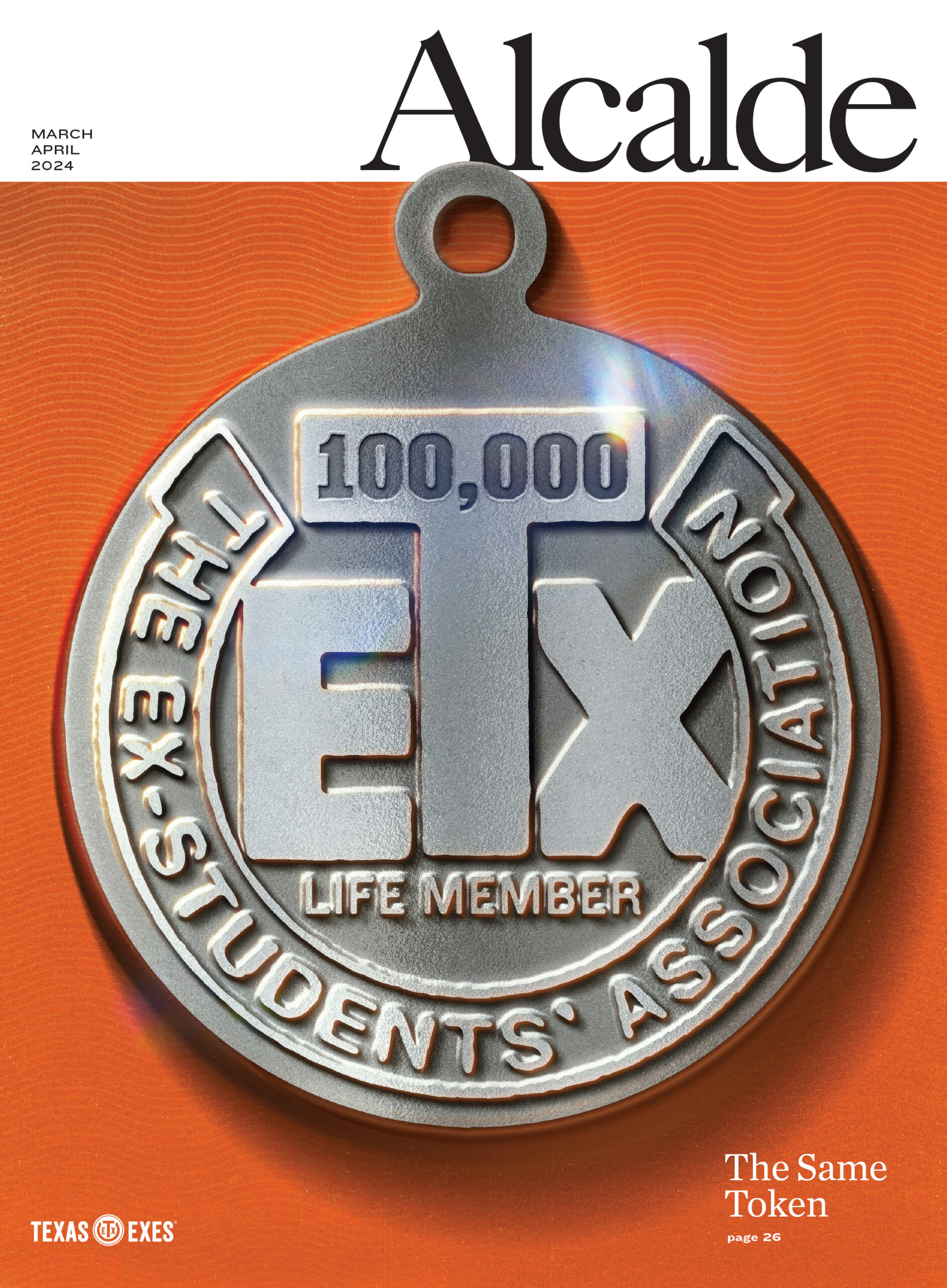
Supreme Court Upholds Michigan’s Affirmative Action Ban
In a 6-2 ruling yesterday, the U.S. Supreme Court decided that a Michigan ban on the use of race in admissions was constitutional. The decision is being called an incremental step forward for those who believe college admissions should be color-blind—and a step back for proponents of affirmative action.
Justice Anthony Kennedy wrote the majority opinion for Schuette v. Coalition to Defend Affirmative Action, and he took pains to state that the ruling was about states’ rights, not about the larger question of whether affirmative action is constitutional: “This case is not about the constitutionality, or the merits, of race-conscious admissions policies in higher education,” Kennedy cautioned. “…The question concerns whether, and in what manners, voters in the states may choose to prohibit the consideration of racial preferences.”
Joined by Justice Ruth Bader Ginsburg in her dissenting opinion, Justice Sotomayor disagreed: “Today’s decision eviscerates an important strand of our equal protection jurisprudence. For members of historically marginalized groups … the decision can hardly bolster hope for a vision of democracy that preserves for all the right to participate meaningfully and equally in self-government.”
A variety of civil rights groups, including the ACLU and NAACP, expressed disappointment with the decision.”Voters should be prepared for renewed efforts by those who stand against diversity to use the same disinformation and distortion deployed in Michigan to defeat efforts to promote opportunity and access for students of color,” said NAACP Legal Defense Fund president Sharrilyn Ifill in a statement.
On the other side of the argument, the XIV Foundation—whose CEO, Jennifer Gratz, led the Michigan ban—celebrated the ruling: “Today’s ruling … is a clear signal that states are moving in the right direction when they do away with policies that treat people differently based on race, gender, ethnicity or skin color.”
UT is still awaiting a ruling in Fisher v. the University of Texas, a landmark affirmative action case that the Supreme Court kicked back to a lower court last year. In a statement released yesterday, President Bill Powers said that the Schuette case shouldn’t change admissions on the Forty Acres: “We are reviewing today’s Supreme Court decision but, based on our preliminary review, we do not believe it has any effect on The University of Texas at Austin’s admissions policy or our recent admissions decisions.”
Illustration by Jon Krause.


















No comments
Be the first one to leave a comment.